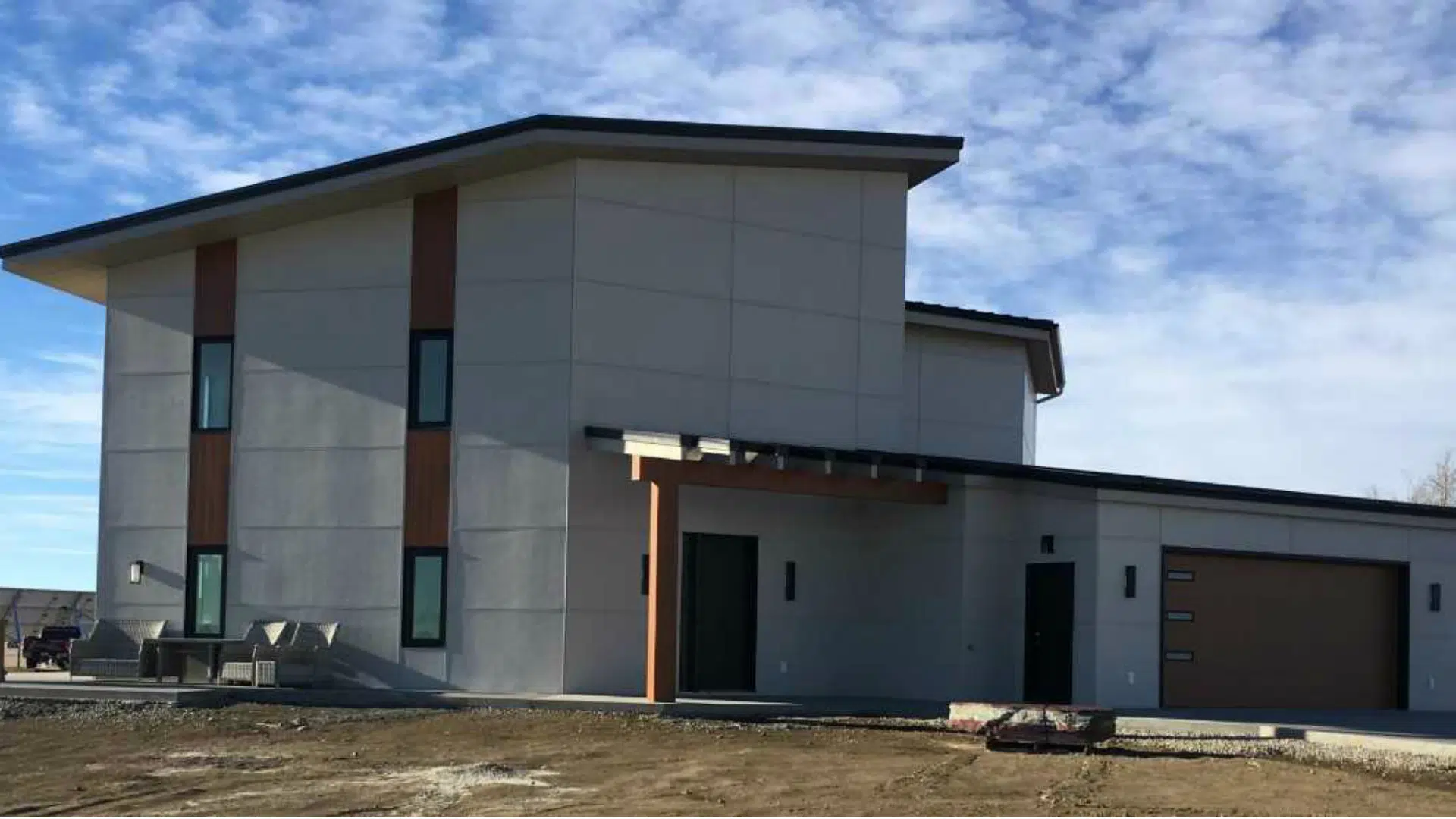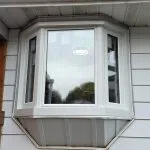
Pushing the envelope with a “net-negative” home
LETHBRIDGE – Rudy Reger, of EnergySmart Canada, has been in the green home business since 2001 when he says “green” wasn’t even a topic.
But as he and his wife planned the home they’ll retire to, Reger wanted to see just how far they could push energy efficiency. The end result is Lethbridge County’s first “net-negative” home. Unlike a typical “net-zero” home that breaks even over the course of a year between the energy it produces and what it uses, Reger’s home is producing a surplus of energy. The house was a partnership between Reger’s firm, EnergySmart Canada, Touchstone Homes, and Greener Homes.
“A lot of stuff we incorporated was more just to prove to ourselves (that) it’s very doable,” Reger said. Generating heat and power through a combination of geothermal and solar, the home goes right down to a level of detail that includes seals on the doors to prevent heat loss, a state-of-the-art heat pump water heater, LED lighting, and a system that recovers heat from shower water as it goes down the drain.
The home uses extra-heavy-duty insulation with double the R-value that’s typically used, along with special windows, paint and flooring.


